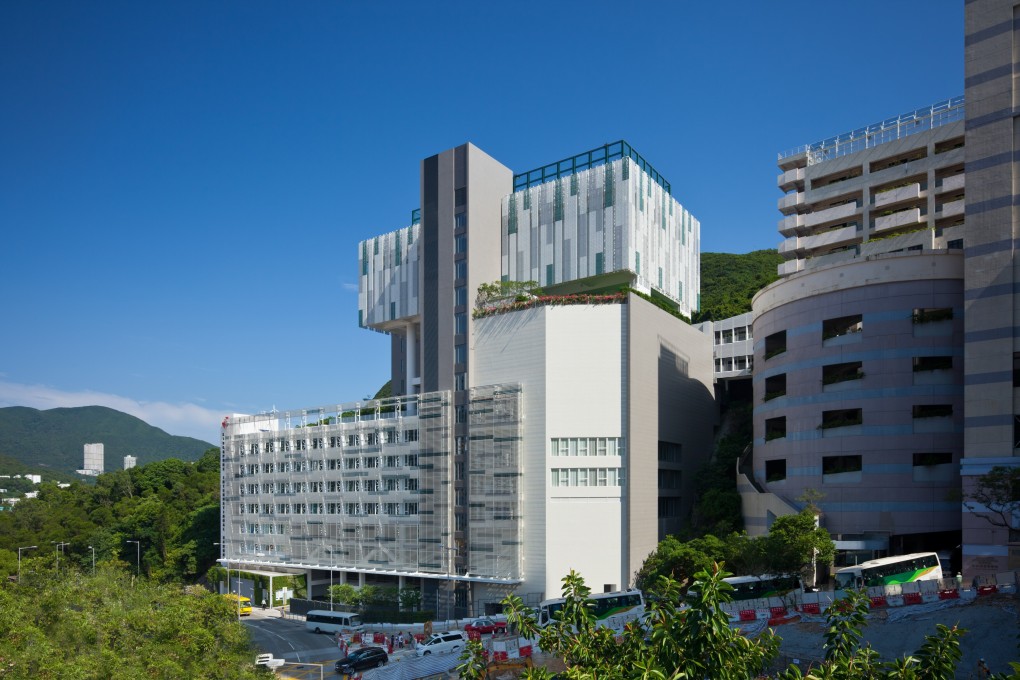Why the International Baccalaureate Diploma Programme is a good fit for Hong Kong students
- The IB Diploma Programme is a ‘global educational philosophy’ that turns students into independent intellectuals, ready for the future

Every parent wants the best for their children, and a strong academic background is one of the surest ways to help prepare them for a bright future. In Hong Kong, secondary students – and their parents – can be overwhelmed by choice. There is the Hong Kong Diploma of Secondary Education (HDKSE), the standard entrance exam for the city's universities; British A-levels; and the American AP courses – each based on a particular national academic system.
Increasingly considered above all of them, at least by the city's international schools, is the International Baccalaureate Diploma Programme (IBDP).
Simon Misso-Veness, deputy principal, head of English international stream K-18 at the German Swiss International School (GSIS), describes the diploma as a “global educational philosophy” that promotes “intercultural understanding and respect”.
Created at the International School of Geneva in 1968, the IBDP was intended to be a globally recognised qualification, one that would make it easier for students to acclimatise to academic systems around the world.
Today, IB programmes are available in 144 countries and the diploma is widely recognised as one of the most comprehensive curriculums available.
The IBDP, which is for students between 16 and 19 years of age, encompasses six subjects over two years. This includes a 4,000-word extended essay, a Theory of Knowledge course, which Misso-Veness describes as “critical thinking on the nature of knowledge”, as well as a series of creative and service projects. Taken together, the aim is to create lifelong learners who are active, compassionate members of society.